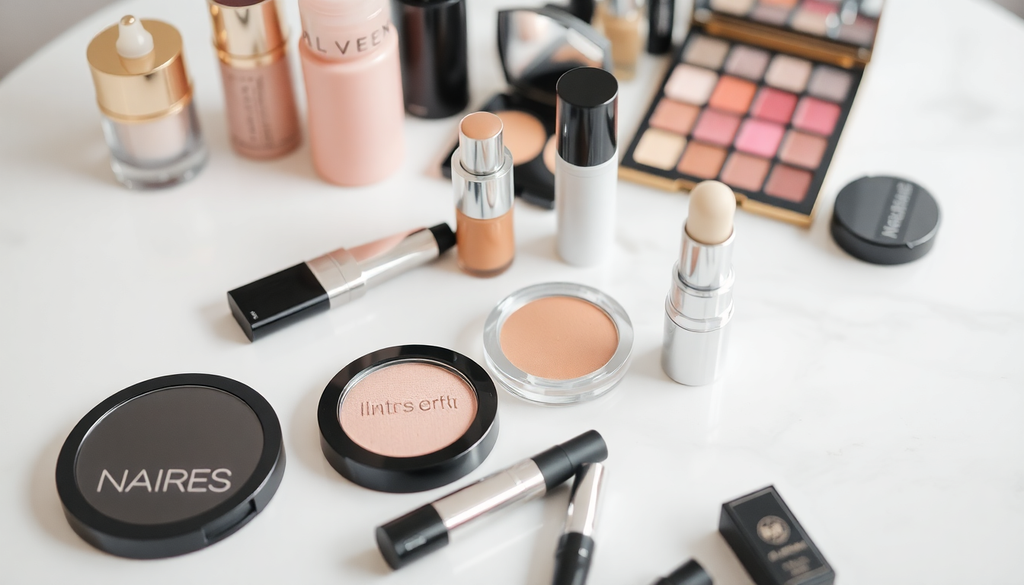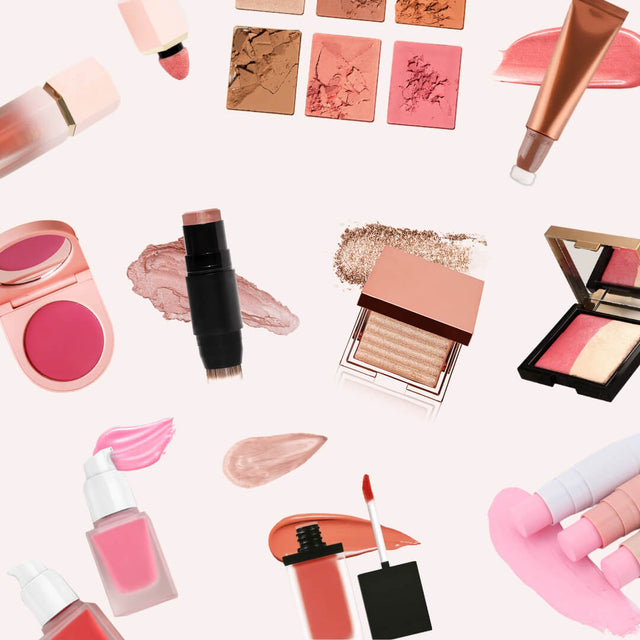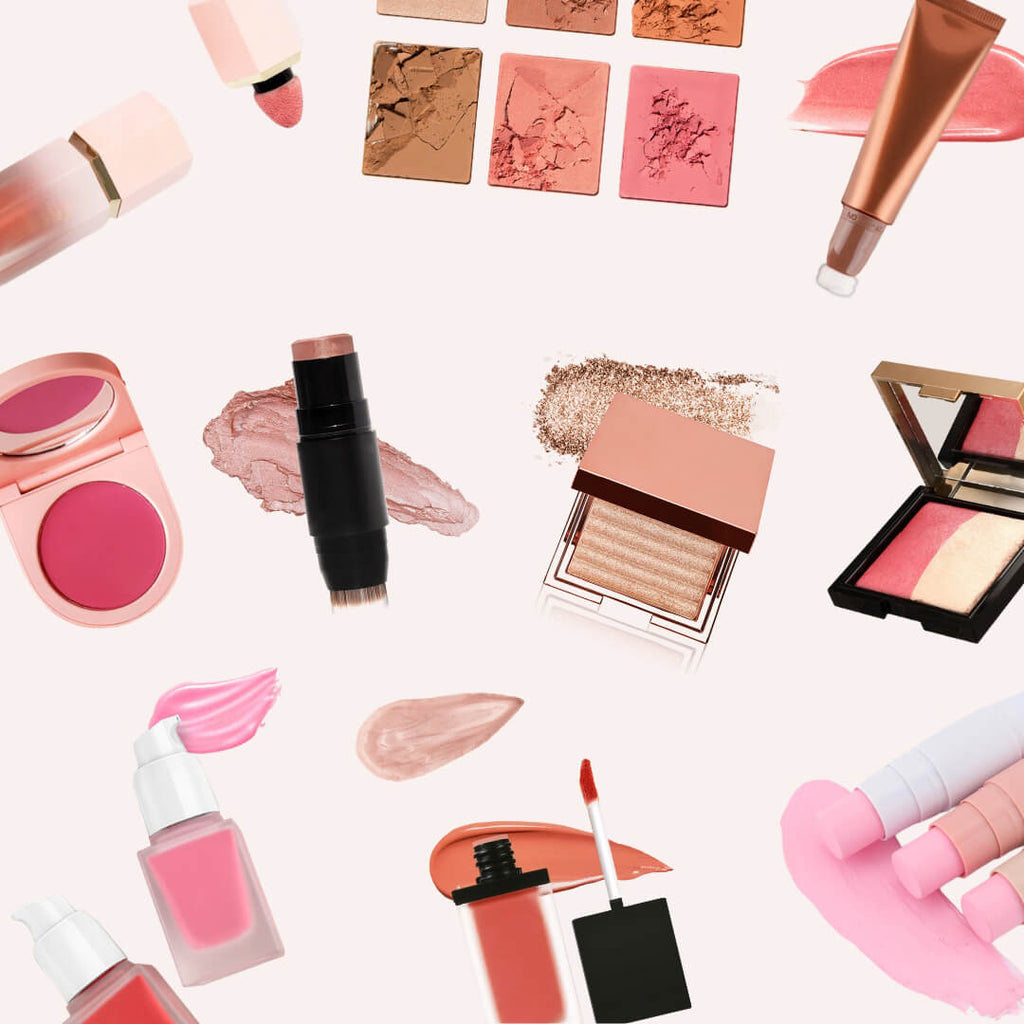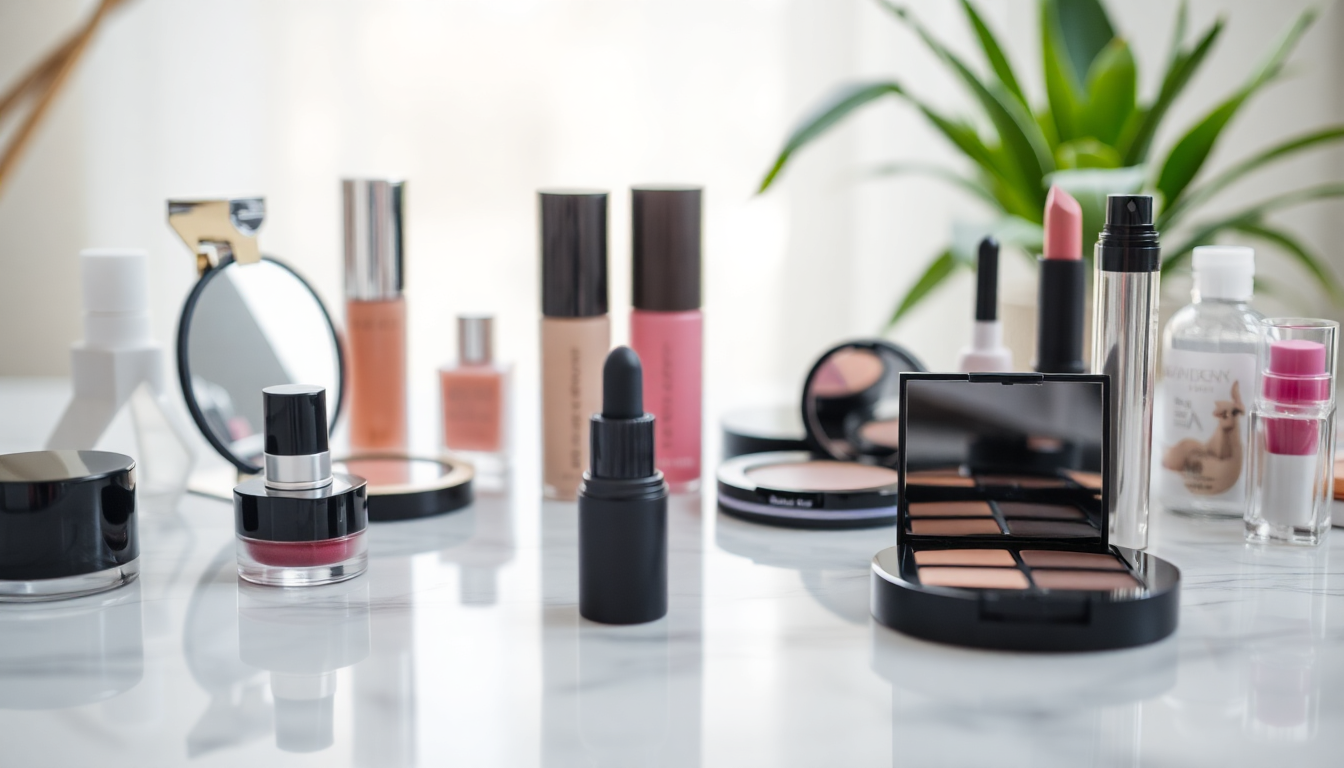
Mastering the Art of Private Label Cosmetics: Essential Steps for Building Your Makeup Business in New Zealand
Introduction
Starting a private label cosmetics business in New Zealand can be an exciting and profitable venture. With the growing demand for unique makeup products, entrepreneurs have the opportunity to create their own brand and cater to the specific preferences of the local market. This article will guide you through the essential steps to build your makeup business successfully, addressing everything from market research to marketing strategies.
Understanding Private Label Cosmetics
Private label cosmetics refer to products manufactured by one company and rebranded by another. This allows you to create a distinctive brand without the need to invest heavily in product development. Here are the key benefits:
- Cost-effective: Lower initial investment compared to developing products from scratch.
- Brand control: You have full control over branding, packaging, and marketing.
- Flexibility: Ability to quickly adapt to market trends and consumer preferences.
- Diverse product offerings: You can curate a variety of products, including lipsticks, foundations, and eyeshadows, tailored to your target audience.
Steps to Set Up Your Makeup Business
Building your makeup brand involves several crucial steps:
1. Conduct Market Research
Understanding your target market is essential. Analyze consumer preferences, trends, and potential competitors. Consider the following:
- Identify your target audience: Determine the demographics of your ideal customers, including age, gender, and lifestyle.
- Research popular makeup trends: Stay updated on trends in New Zealand, such as the demand for sustainable products or specific color palettes.
- Evaluate competitors: Analyze your competitors' offerings, pricing strategies, and marketing techniques. Identify gaps in the market that you can fill with your products.
2. Choose Your Niche
Selecting a specific niche within the cosmetics market will help differentiate your brand. Some popular niches include:
- Natural and organic makeup products: With growing awareness of environmental issues, many consumers are seeking eco-friendly options.
- Vegan and cruelty-free cosmetics: Many customers prefer products that are not tested on animals and do not contain animal-derived ingredients.
- Luxury makeup lines: Targeting high-end consumers can be lucrative if you focus on premium packaging and exclusive formulations.
- Inclusive beauty: Offer a diverse range of shades and products that cater to all skin tones and types.
3. Source a Reliable Manufacturer
Finding a trustworthy manufacturer is critical to your success. Here are some tips:
- Research potential manufacturers: Look for cosmetic manufacturers with a good reputation, positive reviews, and experience in private label production.
- Request samples: Always ask for product samples to assess quality before committing to a manufacturer.
- Check certifications: Ensure that the manufacturer complies with international cosmetic regulations and holds necessary certifications.
- Discuss customization: Some manufacturers may offer custom formulations, allowing you to create unique products that set your brand apart.
4. Understand Cosmetic Regulations in New Zealand
Complying with local laws is vital for your business. Key regulations include:
- Ingredients must be listed: All ingredients in your products must be clearly listed on the label, complying with the Australia New Zealand Food Standards Code.
- Safety assessments: Products must be assessed for safety before they are sold to consumers. Ensure that your manufacturer conducts these assessments.
- Packaging and labeling compliance: Your product packaging must meet specific requirements, including labeling regulations concerning claims about the products.
- Registration: Depending on your product category, you may need to register your products with the Ministry of Health in New Zealand.
5. Create Your Brand Identity
Your brand identity is crucial for attracting customers. Focus on the following elements:
- Logo design: Create a logo that reflects your brand values and resonates with your target audience.
- Consistent packaging: Design eye-catching and functional packaging that aligns with your brand image and appeals to your customers.
- Establish a brand story: Craft a compelling story that communicates your brand’s mission, values, and unique selling points. This connection can foster loyalty among customers.
- Develop a strong online presence: Create a professional website and active social media profiles to showcase your products and engage with customers.
6. Set Up an Online Store
In today’s digital age, having an online presence is essential. Consider these steps to set up your e-commerce store:
- Choose an e-commerce platform: Platforms like Shopify, WooCommerce, or BigCommerce are popular options that offer user-friendly interfaces and various customizable features.
- Design your website: Ensure your website is visually appealing, user-friendly, and mobile-optimized. Include high-quality images and detailed product descriptions.
- Implement secure payment gateways: Use trusted payment processors to ensure secure transactions for your customers.
- Optimize for SEO: Incorporate relevant keywords, meta tags, and descriptions to improve your website’s visibility on search engines.
7. Develop a Marketing Strategy
A robust marketing strategy will help you reach your target audience effectively. Consider the following tactics:
- Leverage social media: Use platforms like Instagram, Facebook, and TikTok to showcase your products, share tutorials, and engage with your audience. Visual content is particularly effective in the beauty industry.
- Collaborate with influencers: Partner with beauty influencers to broaden your reach and gain credibility. Influencer reviews can significantly impact purchasing decisions.
- Run targeted online ads: Utilize Facebook and Google Ads to target specific demographics and drive traffic to your online store.
- Content marketing: Create valuable content, such as blog posts, tutorials, or videos, that educate your audience about your products and the beauty industry.
- Email marketing: Build an email list to keep your customers informed about new product launches, promotions, and special offers.
8. Build Customer Relationships
Establishing strong relationships with your customers is essential for long-term success. Here are ways to foster those connections:
- Provide excellent customer service: Respond to inquiries and resolve issues promptly to build trust and loyalty.
- Encourage feedback: Invite customers to leave reviews and share their experiences. Use this feedback to improve your offerings.
- Create a loyalty program: Reward repeat customers with discounts, exclusive offers, or early access to new products.
Conclusion
Mastering the art of private label cosmetics in New Zealand requires planning, research, and dedication. By following these essential steps, you can establish a successful makeup brand that stands out in the competitive market. With the right strategies in place, you will be well on your way to building a thriving makeup business that resonates with consumers. Ready to embark on this exciting journey? Start today and make your mark in the cosmetics industry!
Share
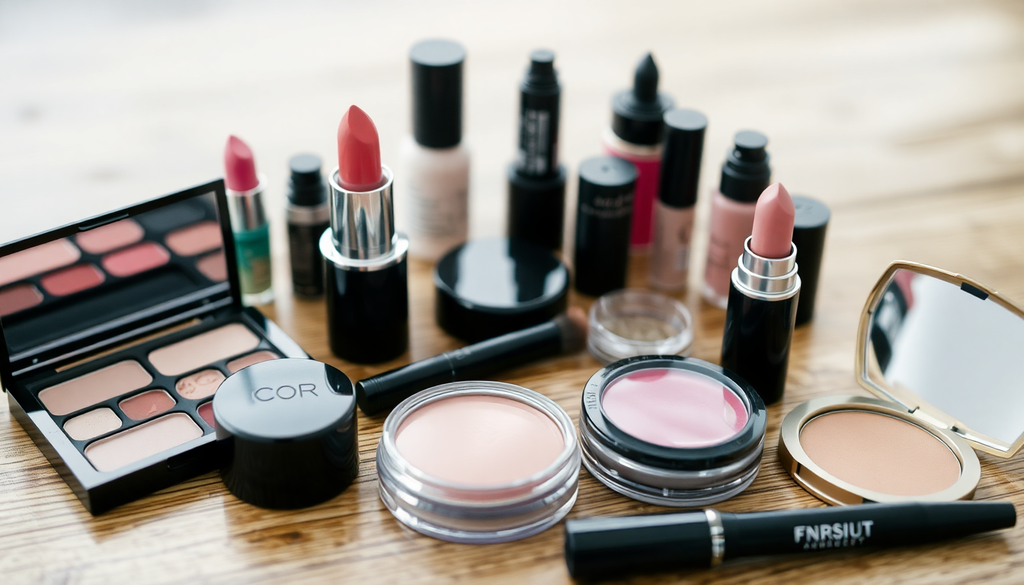
Building Your Makeup Brand in 2025: Essential Strategies for Navigating Private Label Cosmetics and Import Regulations in New Zealand
